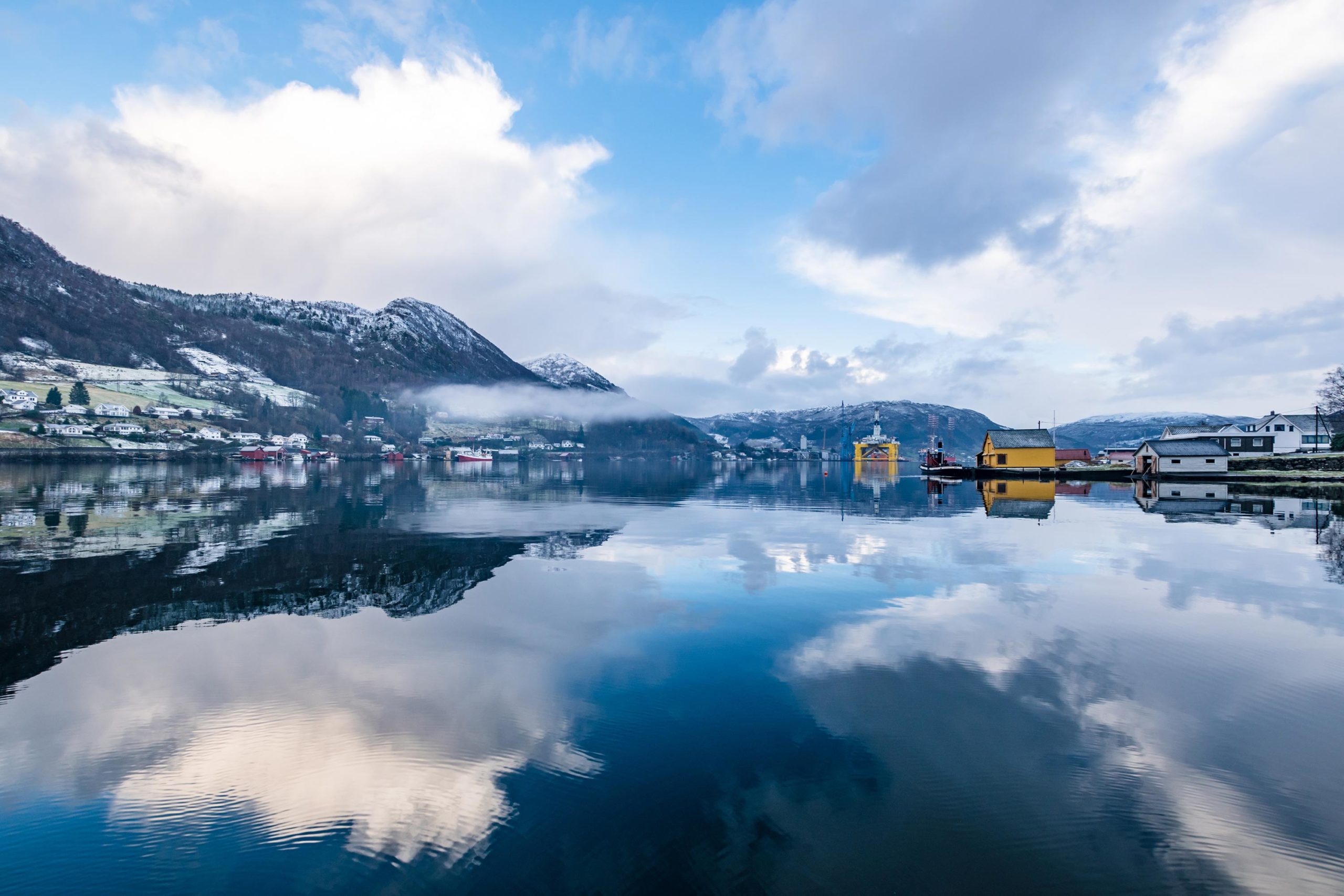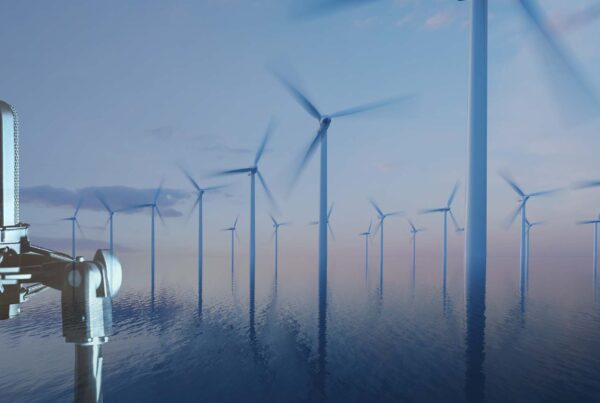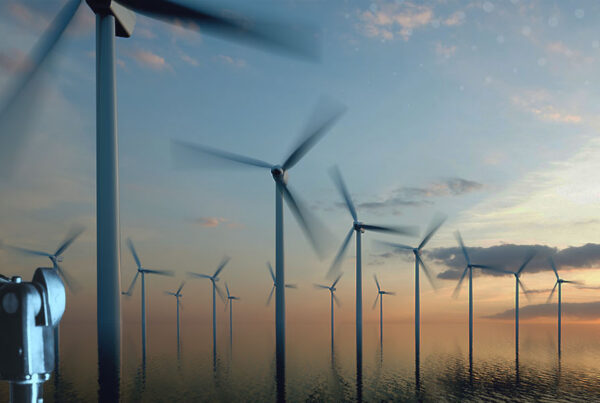Exploration performance in Norway has dropped significantly in the last five years, reflecting a deterioration of quality of the prospect portfolio. Despite this, a dramatic increase in high impact drilling is planned for 2019 – results will be a key test of Norway’s ability to sustain exploration into the future.
Westwood has looked back on the last five years of exploration drilling in Norway and examines future activity in its latest report, Norway Exploration Performance 2014-2018.
The 2014 – 2018 period saw a significant deterioration of exploration activity levels and performance in Norway compared to the previous five years. Whilst the number of exploration wells completed was down by around a quarter, discovered commercial volumes reduced by more than half, even when volumes from Johan Sverdrup are discounted in order to show the underlying trends. Commercial success rates (CSR) declined from 30% to 20%, but technical success rates (TSR) changed only slightly from 52% to 49%, which appears to reflect a degradation in quality of the pool of prospects being drilled as the proven plays continue to mature.

Source: Westwood Atlas and Wildcat
Looking at the last five years, the annual exploration well count in Norway has remained steady at 21 – 22 per year since 2016, down from 39 in 2014. Over the last five years, the industry spent US$7.3 billion drilling 138 wells to find 1.2 billion boe of commercial oil and gas with an average discovery size of 44 mmboe and a pre-tax drilling finding cost of US$6.1/boe. Fewer than half of the discoveries made were big enough to be considered commercial.
Of the 27 commercial discoveries made on the NCS in the last five years, only three were greater than 100 mmboe, reflecting the decreasing discovery size as the basins mature. The Northern North Sea Middle Jurassic play was the most prolific in terms of discovered commercial hydrocarbons and CSR, however the small average discovery size for the play reflects its maturity. The proportion of exploration targets with stratigraphic trapping elements in Norway is increasing, as fewer traditional fault block prospects remain undrilled.
The Barents Sea continues to disappoint. Whilst the TSR is high, the CSR is the lowest of the Norwegian basins due to the high minimum economic field size required. Interest remains high, however, due to the potential size of the prizes on offer. As a result, activity in the basin still has significant influence on overall company exploration performance. Across Norway there is some correlation between the number of wells that companies participated in and discovered hydrocarbons, but a high activity level is no guarantee of success, especially in the Barents Sea. Companies with exposure to the basin’s few discoveries ranked highly in terms of exploration efficiency. In contrast, L1 Energy (DEA) was one of the most active companies in the Barents Sea, but failed to make a commercial discovery and has the lowest performance ranking in Norway for the 2014 – 2018 period.
M&A activity has been high over the last five years, consolidating the number of active players on the NCS. Sixteen of the 33 most active companies on the NCS in the last five years are no longer active due to mergers, acquisition or divestments.
Into 2019, 15 high impact wells are planned, representing a dramatic increase in high impact drilling, up 67% from 2018. Results so far in 2019 have been disappointing with gross CSRs and TSRs falling to 11% and 28% respectively. Several significant wells are yet to spud however, and 2H 2019 results will be a key barometer of Norway’s ability to sustain current exploration activity levels into the future.
Emma Cruickshank, Head of Northwest Europe
ecruickshank@westwoodenergy.com or +44 (0)20 3794 5392
To arrange a demonstration of the Atlas or Wildcat Services or to purchase the individual report, please visit Westwood Global Energy Group at https://www.westwoodenergy.com/research/ or contact Alex Akselberg at [email protected] +44 (0)20 3794 5372





